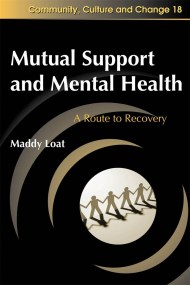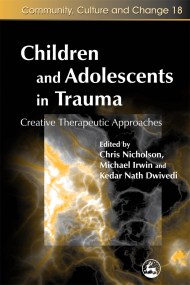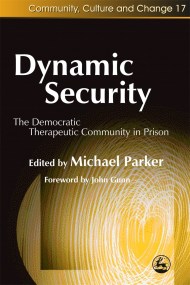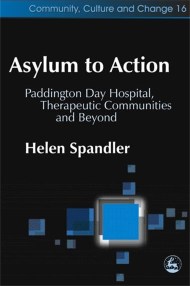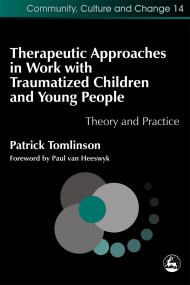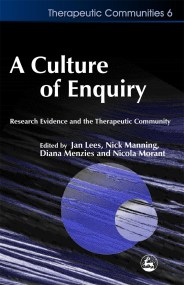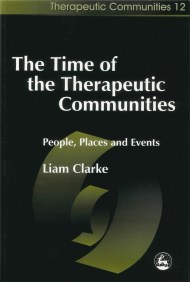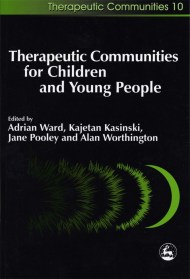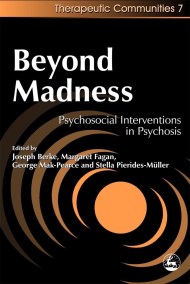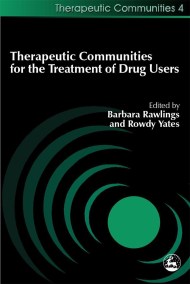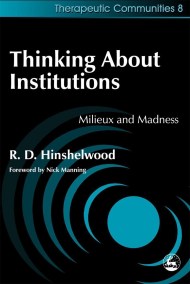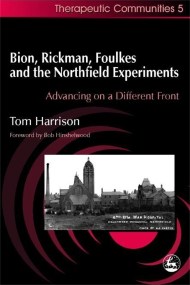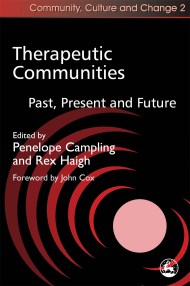A Culture of Enquiry
On sale
15th September 2003
Price: £32.99
Selected:
ebook / ISBN-13: 9781846424243
Research is an increasing priority for workers throughout the mental health sector, and therapeutic communities are no exception. Those working in TCs increasingly have to justify the success and efficiency of their methods to outside bodies, and the prime means of doing so is through research. This volume collects a wide range of papers by experienced contributors discussing all aspects of TC research. They consider questions of which methods are most appropriate in the unique environment of TCs, how research studies affect the TC environment, as well as practical and ethical questions. The book also includes accounts of several research studies undertaken at, among other places, the Cassel Hospital. Taken as a whole, the book will be an invaluable resource for anyone involved in researching therapeutic communities – whether undertaking a study, attempting to anticipate its clinical impact, or seeking to understand the kinds of results which TC research produces.
Newsletter Signup
By clicking ‘Sign Up,’ I acknowledge that I have read and agree to Hachette Book Group’s Privacy Policy and Terms of Use
Reviews
a great source book to researchers and clinicians working in therapeutic communities, it will also be of great interest to any practitioner who wishes to understand more about the various ways in which research in therapeutic communities can be approached.
The comprehensive book 'A Culture of Enquiry' aims at disseminating research findings on therapeutic communities.
Due to the topic's nature, the book is written in the first place for researchers and therapeutic community practitioners who are planning to undertake research.
The different research methods and designs, such as RCTs, meta-analysis, outcome research designs, qualitative methods (such as focus groups) are explained and illustrated with research examples both executed by the authors as well as by other (well-known) researches. Therefore, and also from our own teaching experiences with both Master-and Bachelor level students in Orthopedagogy (Special Education), we consider the book suitable for students as well. Finally, because the book elaborates on research findings, we thing the book will certainly appeal as well to clinicians and other practitioners both in therapeutic communities and other treatment services.
This edited book is - by our knowledge - one of the first attempts to group a wide diversity of studies, research methodologies and related findings within the specific context of therapeutic communities. It is interesting that the editors have brought together a comprehensive range of different research paradigms (e.g. both quantitative and qualitative studies have been described) applied to questions, which address 'individuals, groups and collective systems'. Furthermore, we can only support the editors' initiative to incorporate research within both 'democratic' and 'hierarchical or concept-based' therapeutic communities, as the totality of the TC-world is grasped this way.
The book supplies an evidence base for TCs that is growing rapidly in both volume and sophistication. With relevantly systematic literature reviews on TC research this book offers a very good opportunity to read current research progress and findings.


